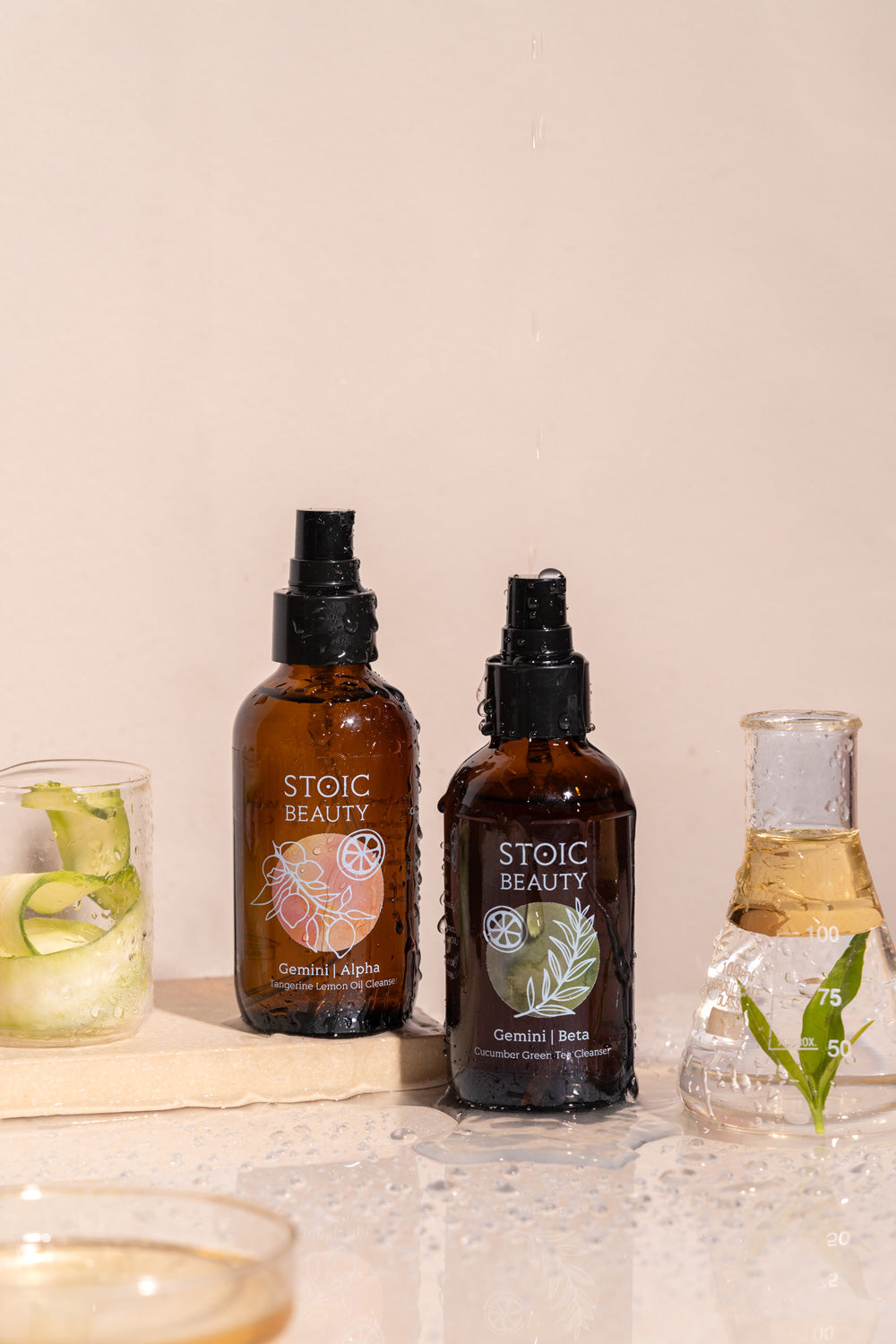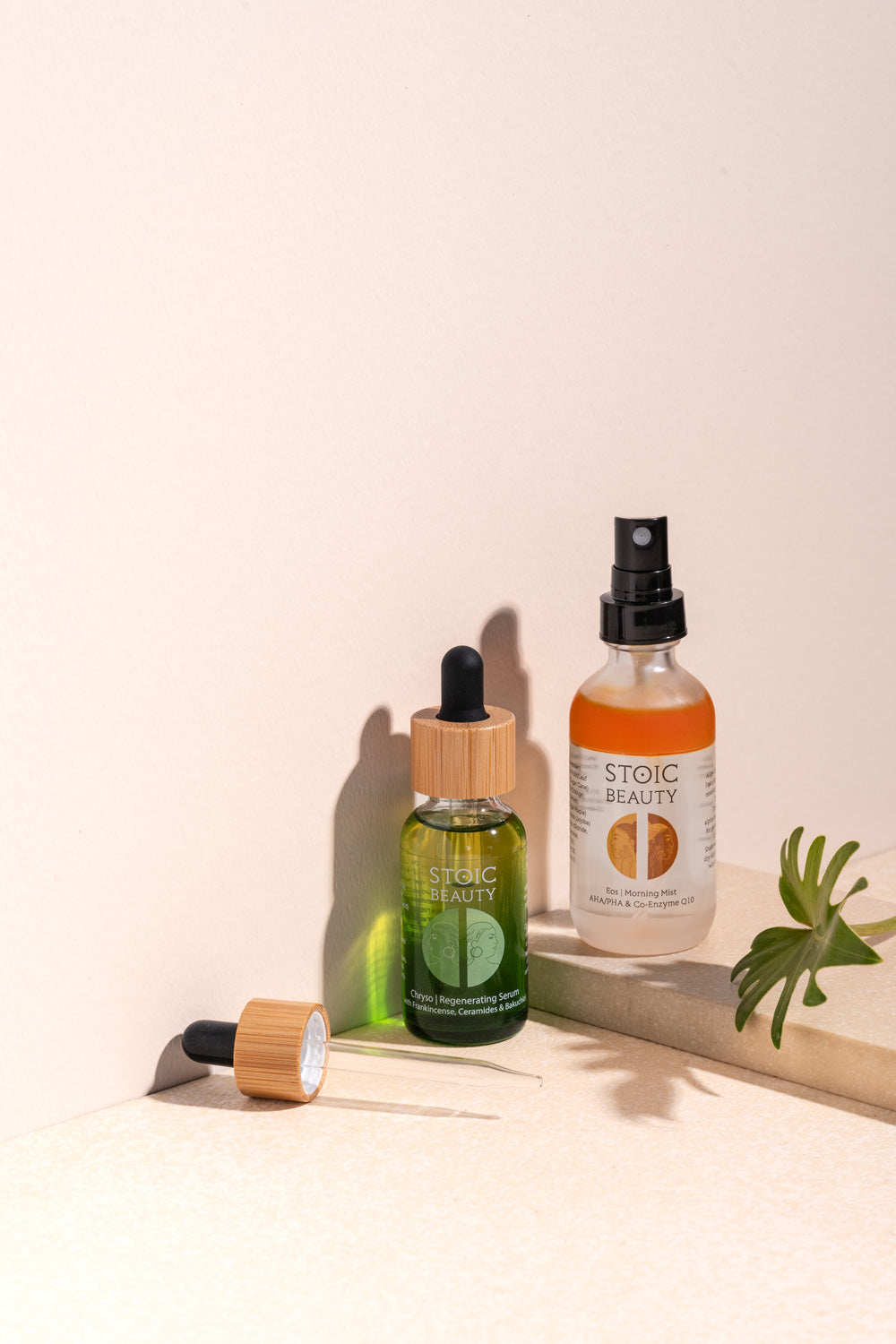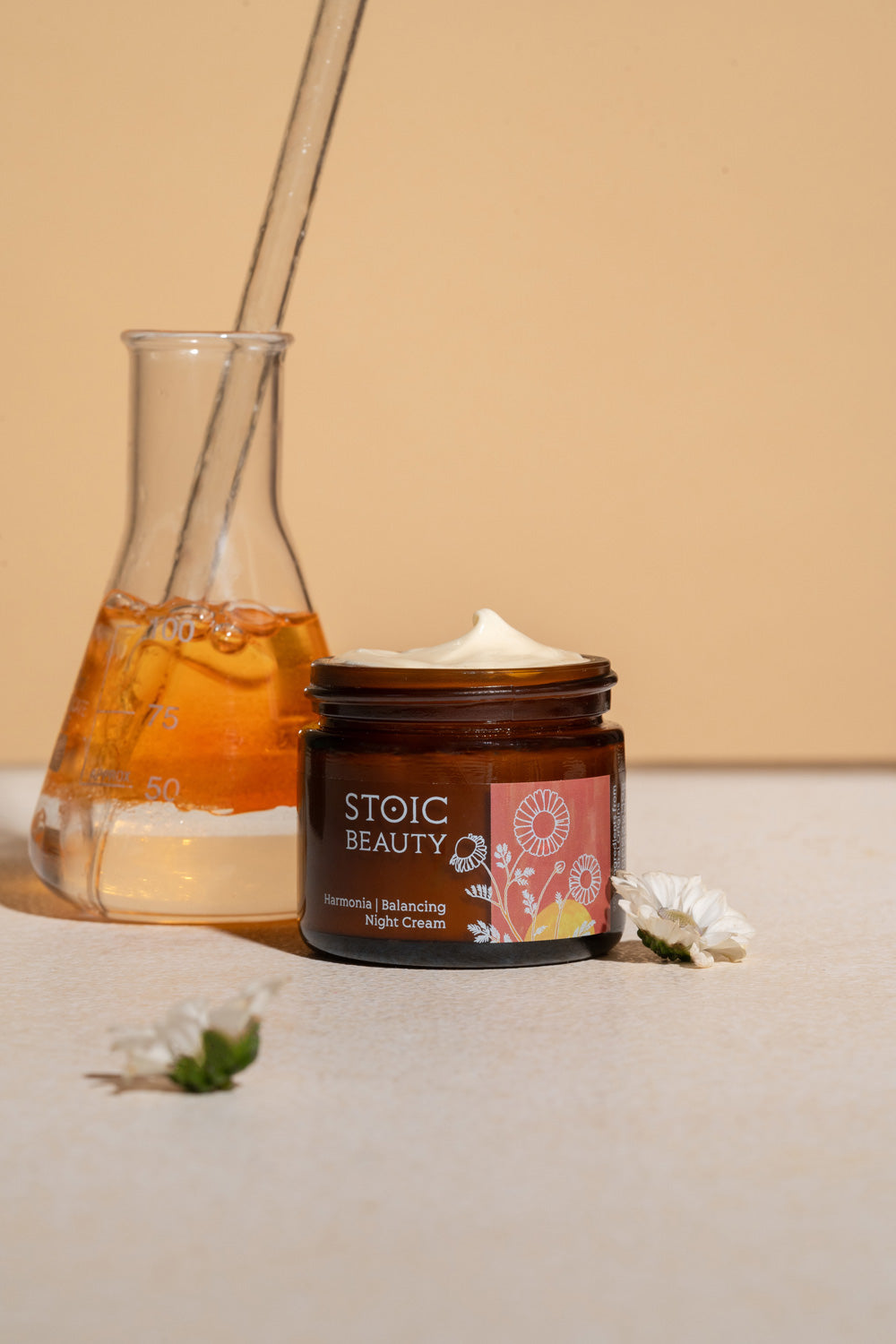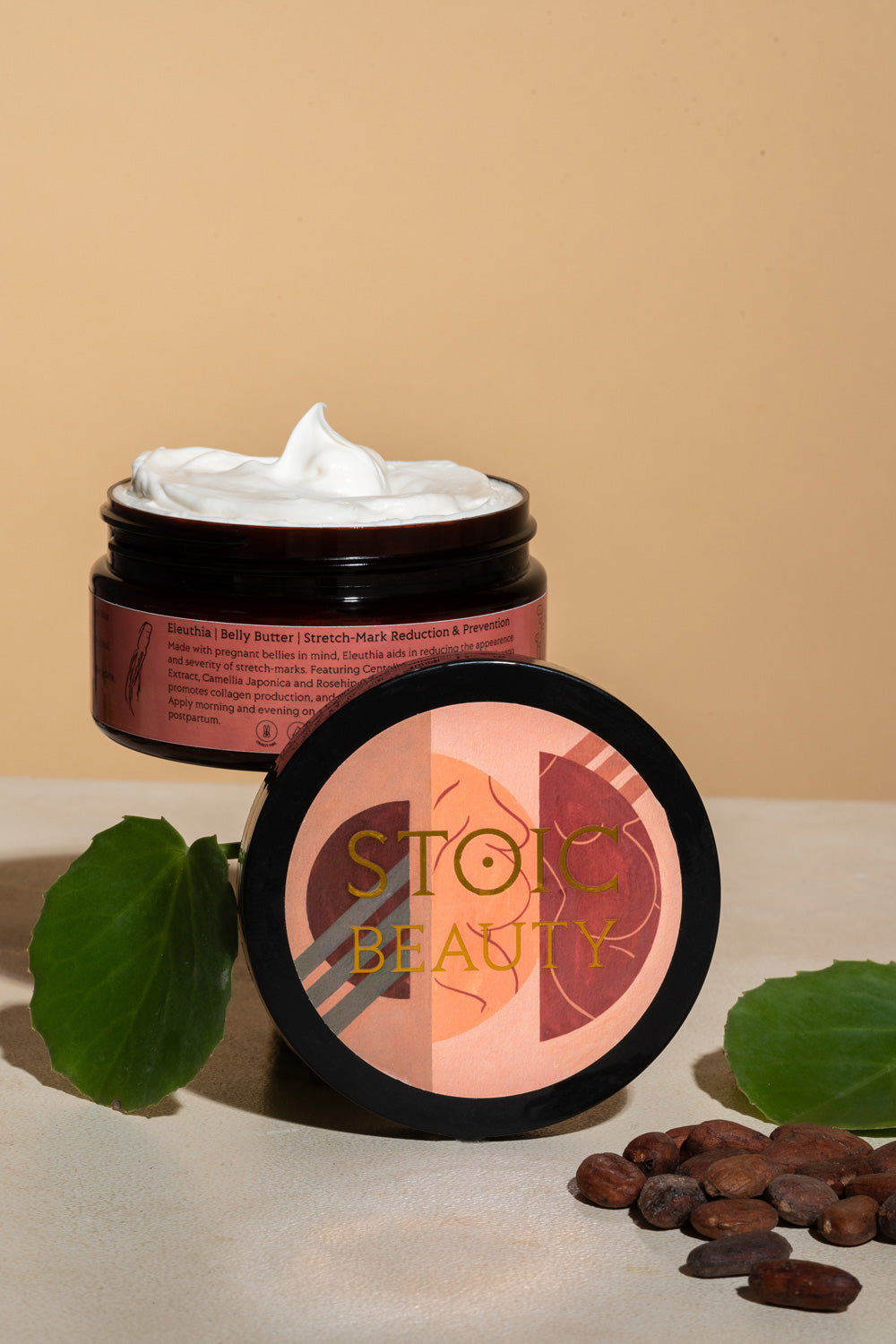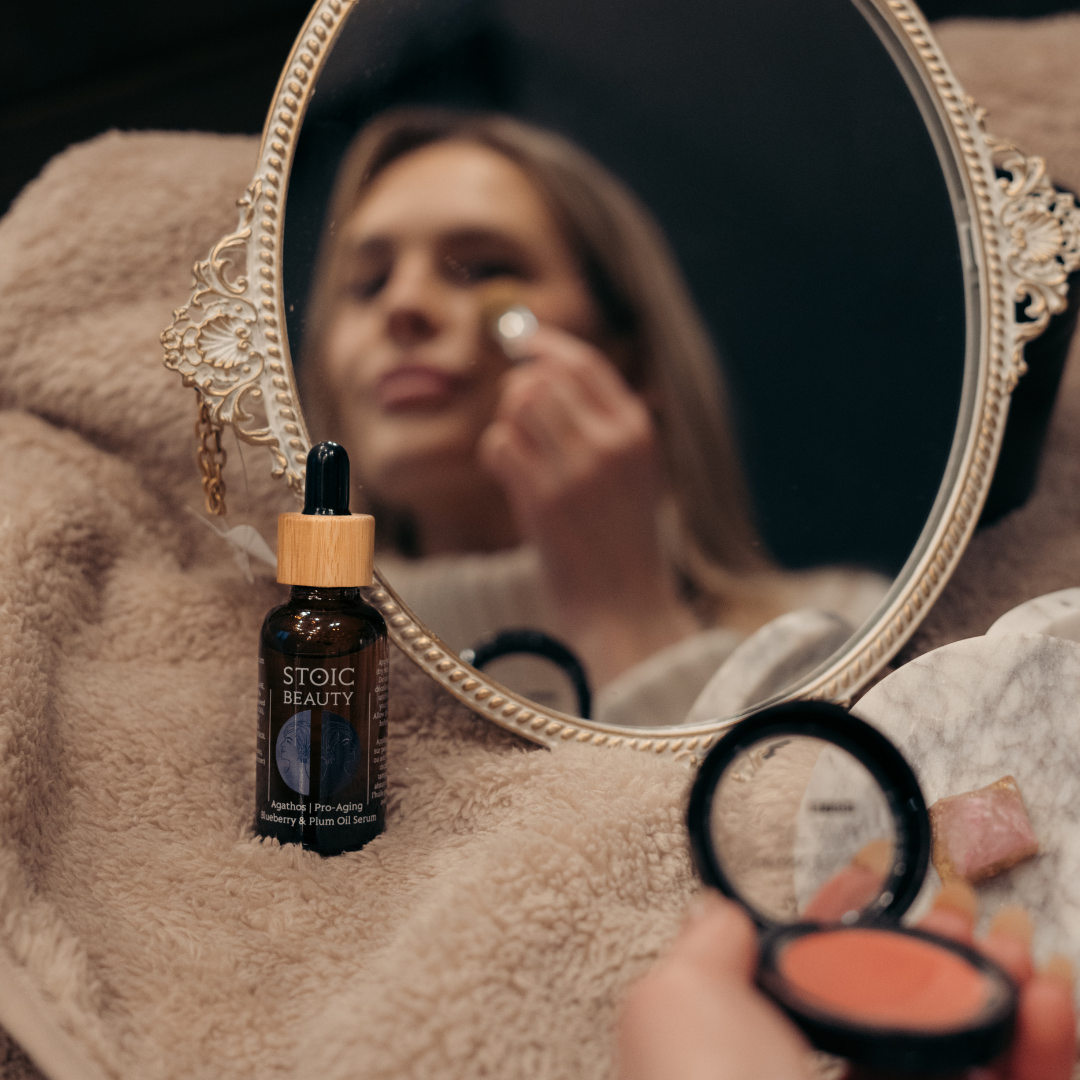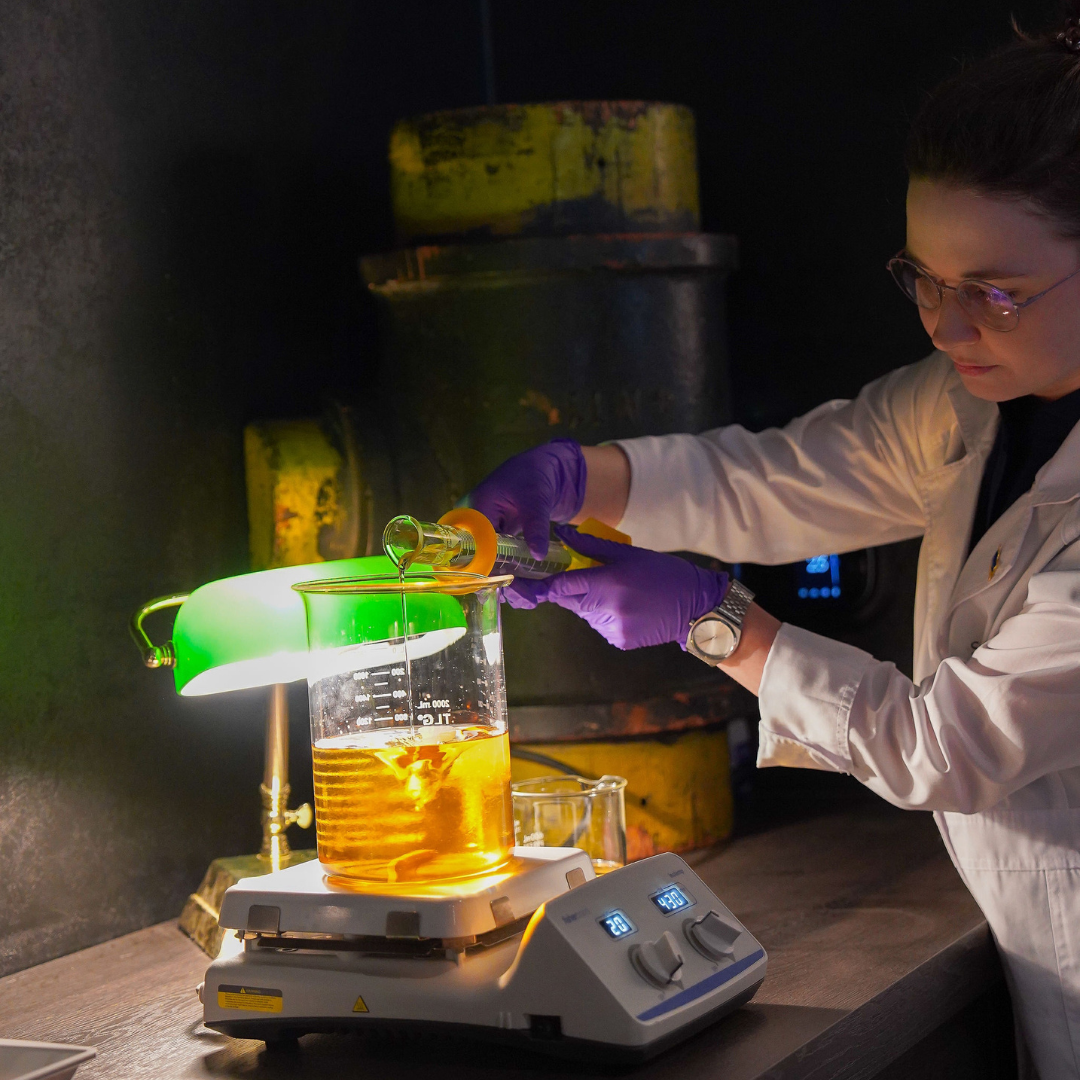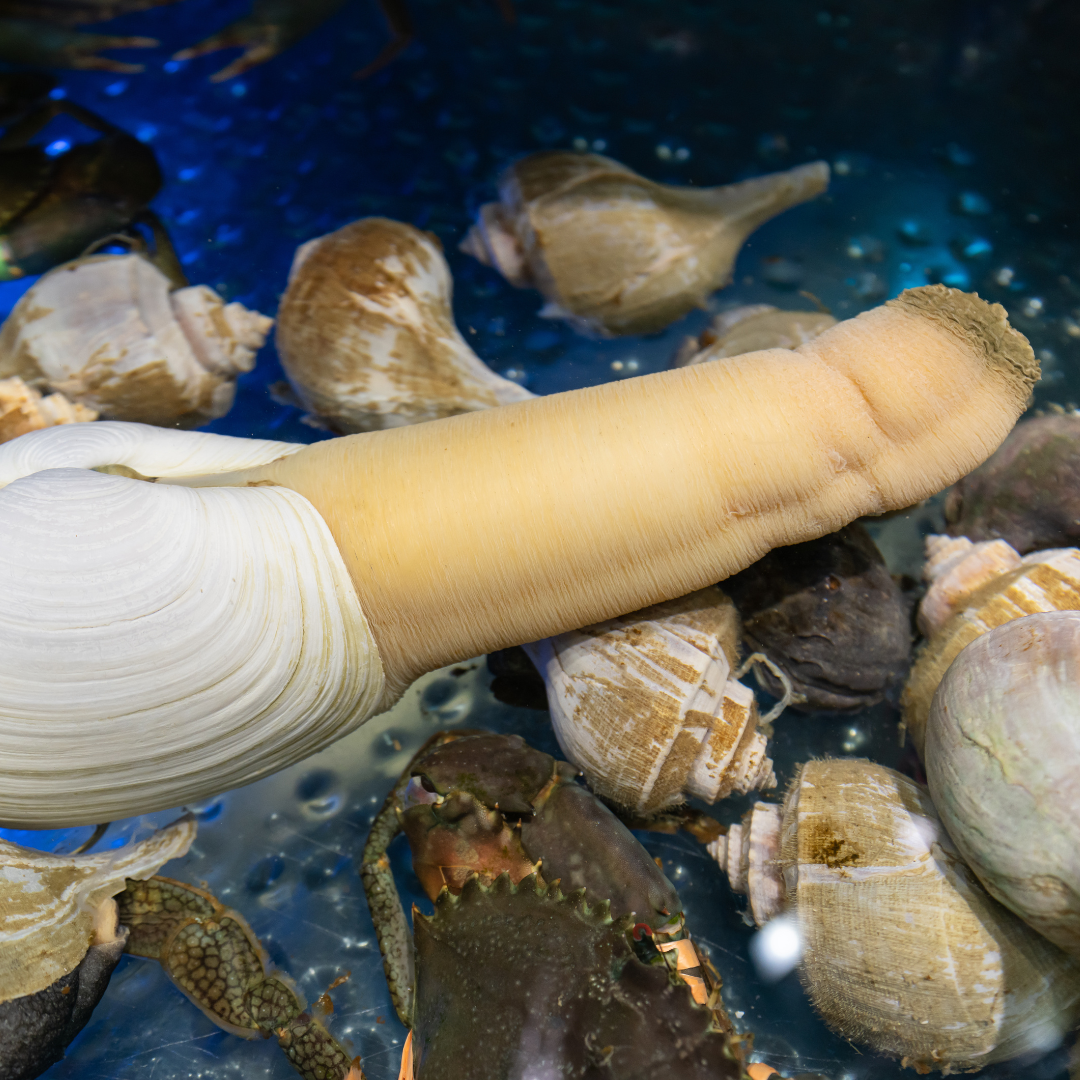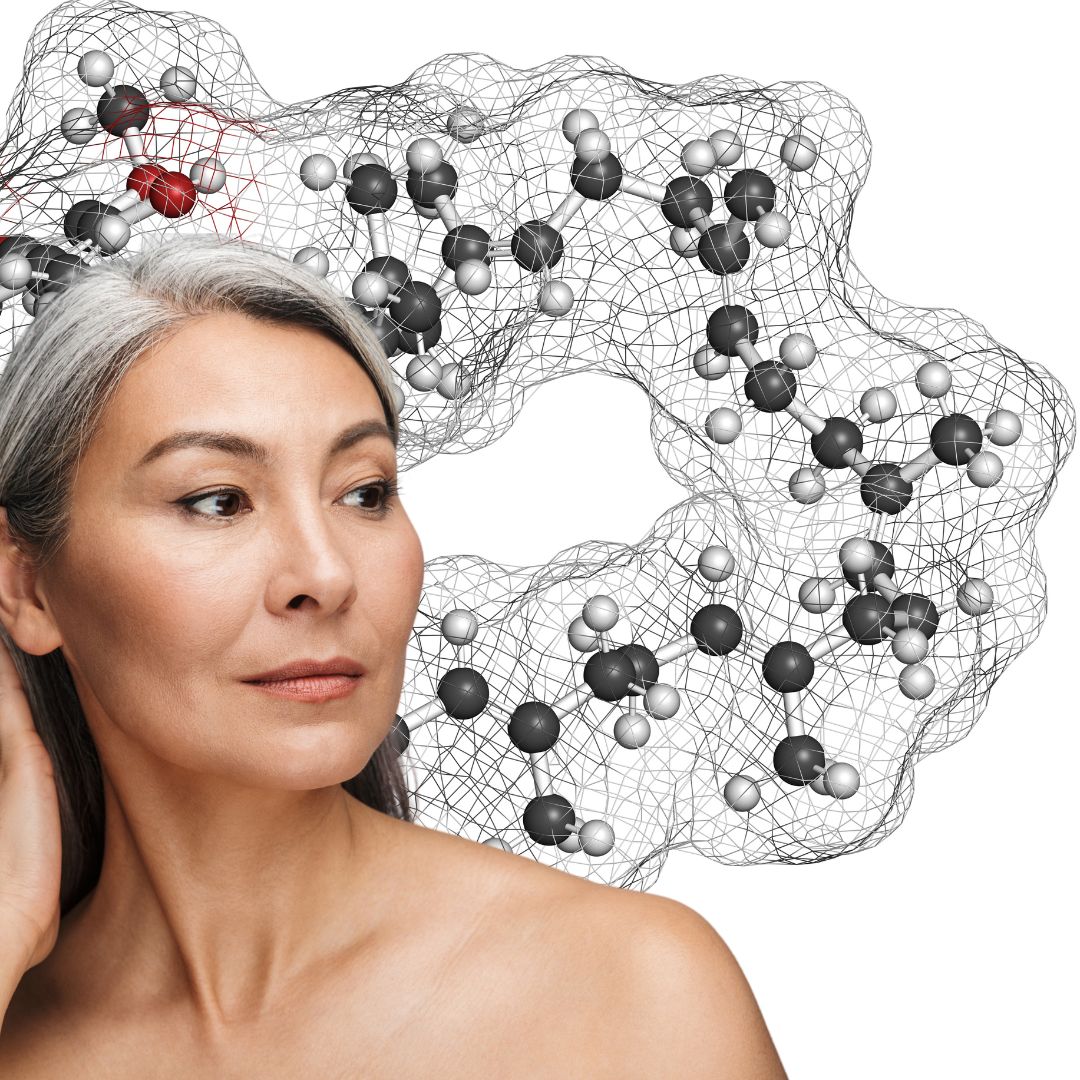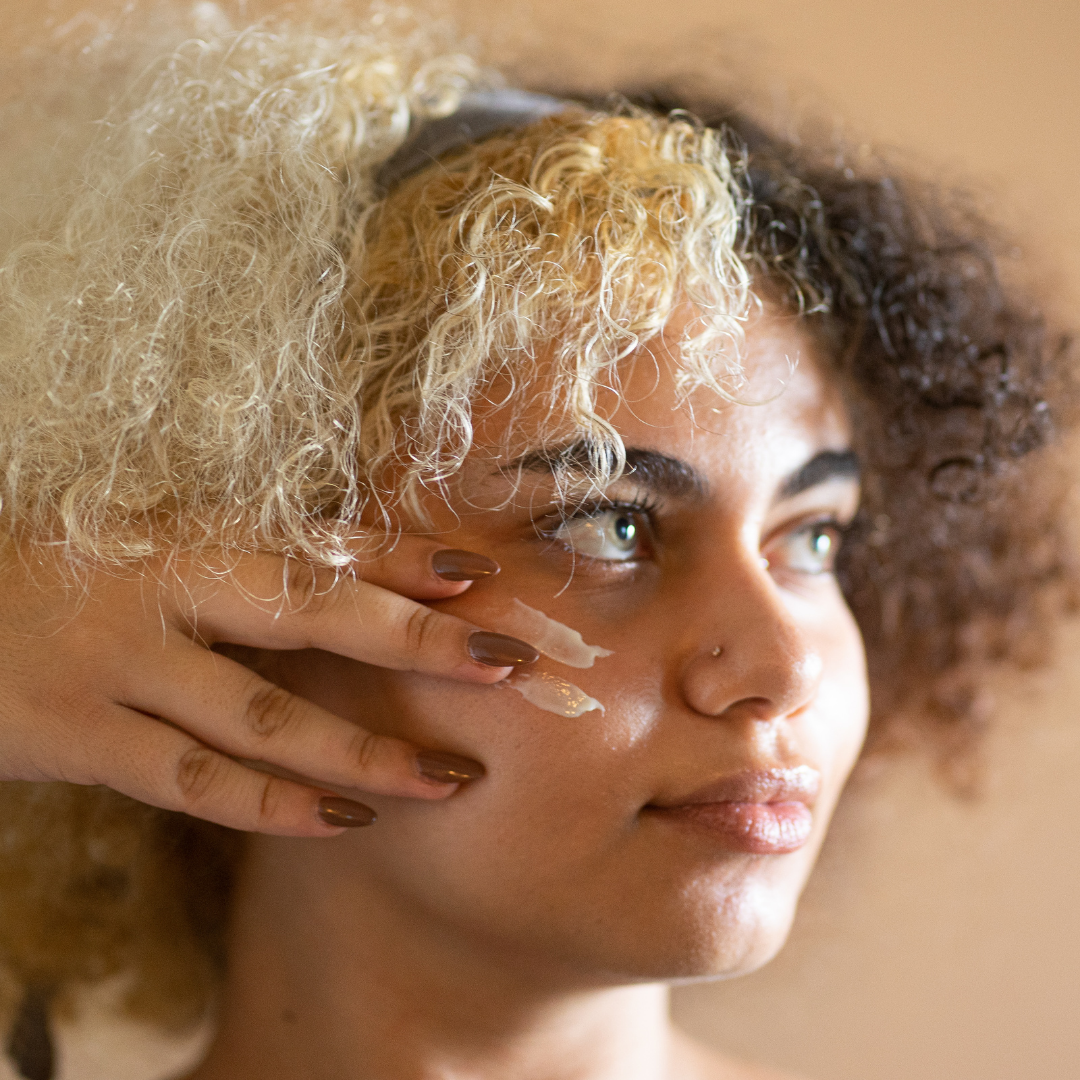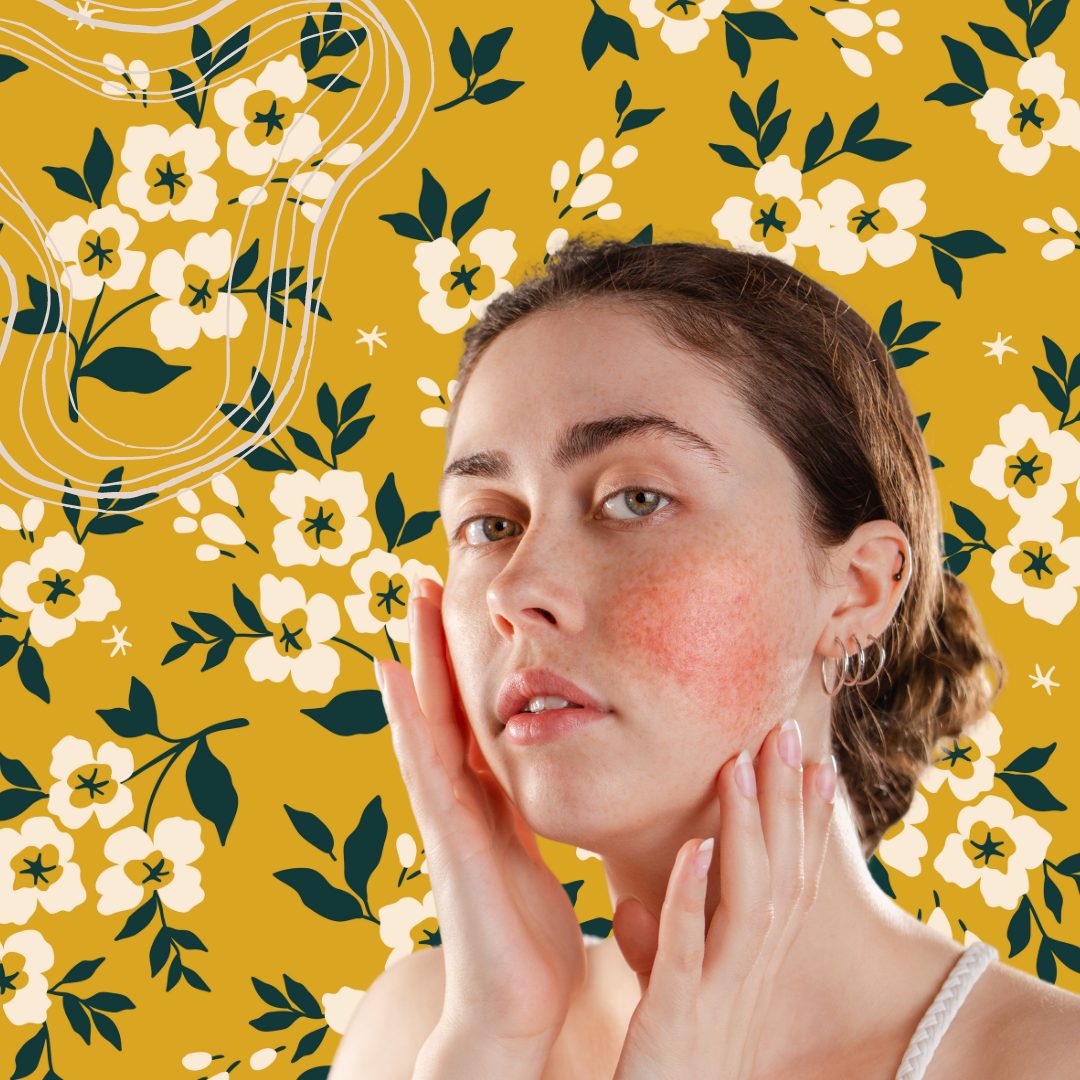This store requires javascript to be enabled for some features to work correctly.
Chargement en cours...
-
Shop By Product Type
Sensitive Skin Deserves Science-Backed Care
We blend natural actives with innovative science for safe, effective solutions for sensitive skin.
Our Blog
Dive into natural skincare tips, beauty insights, and the stories behind our ingredients.
Silicones have become increasingly popular for use in skincare due to their ability to create a barrier on top of your skin that traps moisture and helps protect it from environmental damage. They also help boost hydration levels, reduce the appearance of wrinkles and fine lines, and give skin a ...
Though not a novel ingredient in the east, Bakuchiol is popping up and trending in the beauty world in North America.
Traditionally, Bakuchiol has been used in Ayurvedic and Chinese medicine, as well as in Japan & Korea, for its anti-inflammatory properties. It is plant-based, originating fro...
More and more often customers demand information on ecological impact of the products they buy and make their purchasing decisions based on analysis of available data. Unfortunately, biodegradability information is still not widely accessible to the average consumer. Some is available in Materia...
Co-enzyme Q10 (CoQ10) is an important nutrient for skin health. It is an oil soluble, vitamin-like compound that is naturally produced by the body. However, as we age, our bodies produce less and less CoQ10. Help that body out by incorporating Q10 in your skincare routine.
What happens with less...
What are the best natural ingredients for rosacea? In this third and final blog post on the formulation of our Harmonia Golden Chamomile Night Cream. This series shone a spotlight on several ingredients that help reduce facial redness and provide deep moisturization to sensitive skin. Today, we...
8 Min
Argan Oil for Rosacea
Argan Oil plays a role in reducing redness, inflammation, stimulates wound healing and repair of the damaged skin barrier function. It is a beloved cultural staple in many beauty regimes. It has a celebrity following all over the world, even with adventurous tree-climbing goats.
Scratching the surface online, I found a lot of interesting possible natural treatments. One of them is extract from a plant called Chrysanthellum indicum which I found reading a blog post by David Pascoe who started the Rosacea Support Group. Very promising and interesting discussion followed h...

